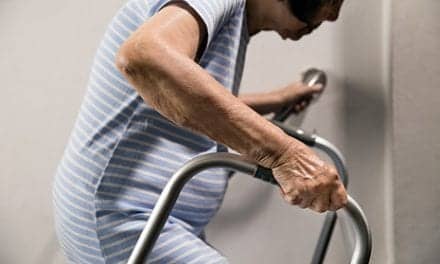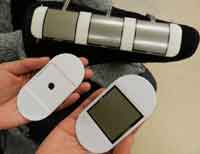Researchers studying blood and tissue samples from patients have identified a model that they suggest may help them predict the chances that a wound will heal.
Their findings were published recently online in the journal E-Biomedicine. According to a release from Uniformed Services University of the Health Sciences (USU), these findings could help surgeons make critical, time-sensitive decisions, such as when to close a wound.
“We’ve long suspected that young, previously healthy patients who had sustained blast injuries have difficulty regulating their immune system,” Navy Cmdr. (Dr) Jonathan Forsberg, the study’s first author, says in the release.
“By characterizing patterns of inflammation using computer-intensive methods, we are now able to estimate the probability of surgical complications before they occur,” he continues in the release.
The release explains that by using advanced computer analytic methods of the samples collected, the research team was able to determine the presence of cytokines (proteins) that in turn could predict which patients would develop an inflammatory response that would lead to local wound failure. The result of such failure can include infection, amputation, or death.
The study notes that the process requires collection of numerous samples and advanced computer analysis, which would need to be carried out in a field hospital setting, not the front line of a battlefield, per the release.
In addition, a group of 18 critically injured civilian patients was evaluated to determine if similar inflammatory responses were observed. Preliminary findings were comparable, but the authors state in the study that due to the small sample size, more patients would need to be studied, the release continues.
If the study’s results are further validated, “consistently applying this approach would improve surgical outcomes, allow trauma patients to spend less time in intensive care, and reduce health care costs,” the authors conclude in the study, per the release.
[Source(s): Uniformed Services University of the Health Sciences, Newswise]





